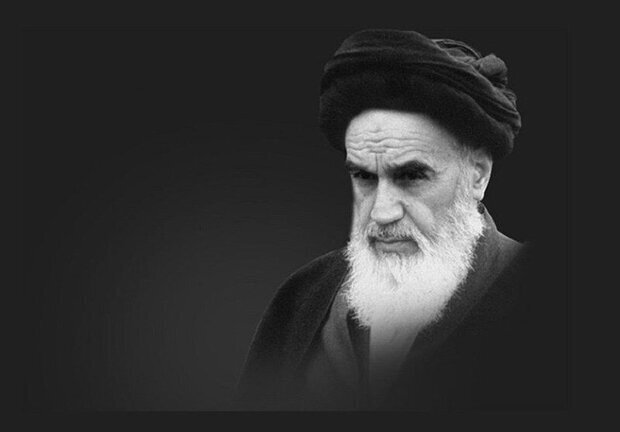Imam Khomeini and Palestine: an everlasting legacy
The late leader’s legacy persists 35 years after his passing

TEHRAN – Iranians are gearing up for the passing anniversary of Ayatollah Ruhollah Khomeini, the founder of the Islamic Republic of Iran, who passed away on June 3, 1989.
Millions of people took part in his burial ceremony and for the past 35 years. Iranians have continued to honor the late Imam in large gatherings. His passing anniversary is marked each year in the shrine of Imam Khomeini, where Leader of the Islamic Revolution Ayatollah Seyyed Ali Khamenei delivers a speech.
The 35th passing anniversary of the late leader is taking place this year as one of his most important agendas, the Palestinian cause, has taken center stage around the world. Imam Khomeini held the Palestinian cause close to his heart, considering it a matter of paramount importance for the Muslim world.
During the 1973 Arab-Israeli War, Imam Khomeini issued a message to Muslim governments and nations, urging them to unite and confront Israel with all their might. He outlined a comprehensive strategy for the struggle against Israel, including:
- Providing support to the front lines of the battle
- Avoiding internal divisions
- Defying the perceived power of Israel's supporters
- Sending material and spiritual aid to the battlefields
Imam Khomeini believed that unity among Muslim nations was essential for the liberation of Palestine. He saw Israel as a "cancerous tumor" that threatened the entire Muslim world.
To foster unity, Imam Khomeini established Quds Day in 1979, designating the last Friday of the holy month of Ramadan as a day of international solidarity with the Palestinian people. This day served not only as a symbol of Muslim sacrifices but also as a reminder of the importance of vigilance against Israeli aggression.
Imam Khomeini's opposition to Israel was particularly evident in his condemnation of Egyptian President Anwar Sadat's decision to recognize Israel and negotiate with them at Camp David in 1978. He viewed this move as a betrayal of the Palestinian cause and a deviation from the path of struggle.
Even Imam Khomeini's political-divine testament, written during his final days, emphasized the importance of the Palestinian struggle. He urged Muslim nations to take pride in opposing Israel, which he viewed as an enemy of God and Islam.
Throughout his life, Imam Khomeini remained a steadfast advocate for the Palestinian people, consistently denouncing Israeli oppression and calling for Muslim unity in confronting this threat. His legacy continues to inspire resistance against Israeli aggression and the pursuit of justice for the Palestinian people.
Leave a Comment